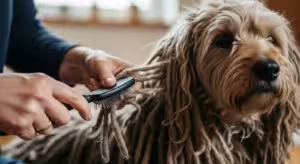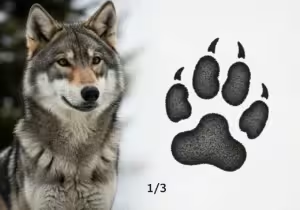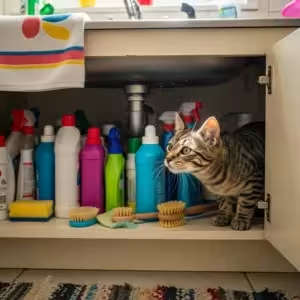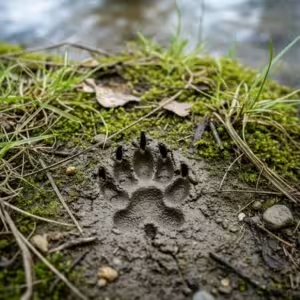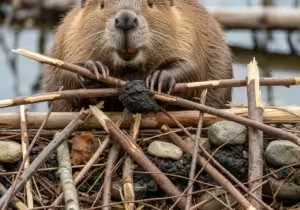
1. Basset Hound: The Amiable Ambler
With their droopy ears, soulful eyes, and short, sturdy legs, Basset Hounds are instantly recognizable. Originally bred in France and Belgium for hunting small game like rabbit, their powerful sense of smell is second only to the Bloodhound. Despite this working background, the modern Basset is a quintessential low-energy companion, known for its placid and good-natured temperament.
Exercise and Temperament
A Basset Hound’s exercise needs are modest. A daily walk of 20-30 minutes at a leisurely pace is usually sufficient to keep them physically and mentally content. They enjoy “sniffari” walks, where they are allowed to follow their nose and explore scents, which provides excellent mental stimulation. While they are not built for running or jumping, their endurance is surprisingly robust for long, slow walks. They are generally sociable with other dogs and patient with children, making them excellent family pets. However, their stubborn streak, a remnant of their scent-hound determination, can make training a test of patience. Positive reinforcement—using treats and praise to reward good behavior—is the most effective approach.
Health and Care
Basset Hounds are prone to several health conditions. Their long, heavy ears can trap moisture, leading to frequent ear infections. Regular cleaning is essential. Their skeletal structure, characterized by long backs and short legs (a form of dwarfism called achondroplasia), puts them at risk for back problems and joint issues like elbow and hip dysplasia, a condition where the hip joint doesn’t form correctly. Maintaining a lean body weight is the single most important thing an owner can do to protect their joints. Their droopy eyes are also susceptible to conditions like ectropion (eyelids rolling outward).
Grooming Needs
Their short, smooth coat is easy to care for, requiring only a weekly brushing to remove loose hair. However, their skin folds and wrinkles need regular cleaning to prevent irritation and infection. Their nails are thick and grow quickly, so bi-weekly trimming is often necessary to prevent discomfort.



